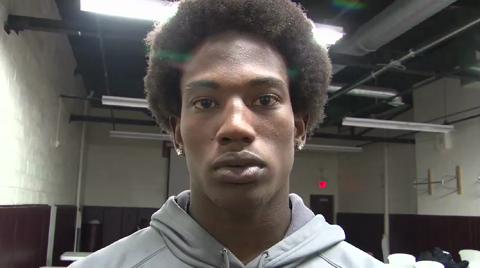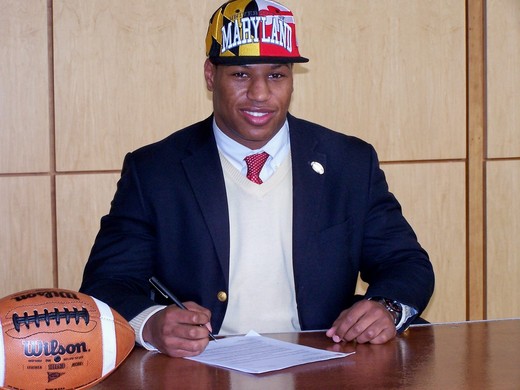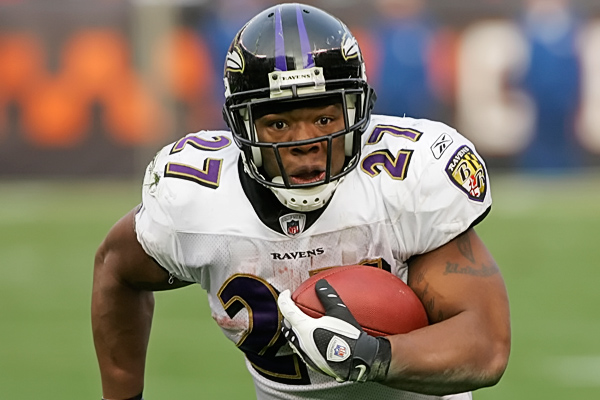-
Social Media Education: Important at All Levels of Athletics
by Justin Sievert 02-04-2012 04:04 PM Public Relations | Social Media | Trusted Athlete Educator | Recruiting
-
Derrick Rose Is Still Adding MVP Social Status to His Game
by Dr. Timothy Thompson 02-04-2012 02:43 PM Trusted Athlete Educator | Human Relations | Sports Psychology
-
Athlete Weekly Rundown: Browns TE Ben Watson's recruiting advice, Jack Bechta's inside glimpse of the player-agent interviews & NFL DT Chris Hoke retires for health & family
by Al-Hassan Sheriff 02-02-2012 11:58 PM Athlete Weekly Rundown
-
The National Letter of Intent Program: Important Considerations for Prospective Student-Athletes
by Justin Sievert 02-02-2012 01:45 AM Amateurism | Recruiting
-
Something to Think About, Edition #4: 10 Questions to Ask When Choosing a Financial Planner
by Scott Kaminsky 02-01-2012 11:56 PM Finance
-
What the Giants-Packers Playoff Game Can Teach You About Any Sport
by Steven Yellin 01-27-2012 12:05 AM Training | Coaching
-
A Pro Athlete's Responsibility to Give Back from a Player's Perspective
by Matthew Allinson 01-16-2012 04:08 PM Athlete Interviews | Philanthropy | Human Relations
-
Haloti Ngata Q&A
by Matthew Allinson 01-16-2012 01:33 AM Athlete Interviews | Philanthropy | Athlete Career Development | Human Relations
-
Anquan Boldin Q&A: An exemplary role model off the field
by Matthew Allinson 01-11-2012 01:44 AM Athlete Interviews | Philanthropy | Human Relations
-
Interview with a Sports Professional: Robert Andrews, Founder & Director of The Institute of Sports Psychology
by Michelle Hill 01-05-2012 12:00 AM Interview with a Sports Professional | Injury & Rehabilitation | Sports Psychology



 Q: What does it mean to you to be a professional athlete in terms of leveraging your celebrity to give back to the community?
Q: What does it mean to you to be a professional athlete in terms of leveraging your celebrity to give back to the community?.jpg)
.jpg)


